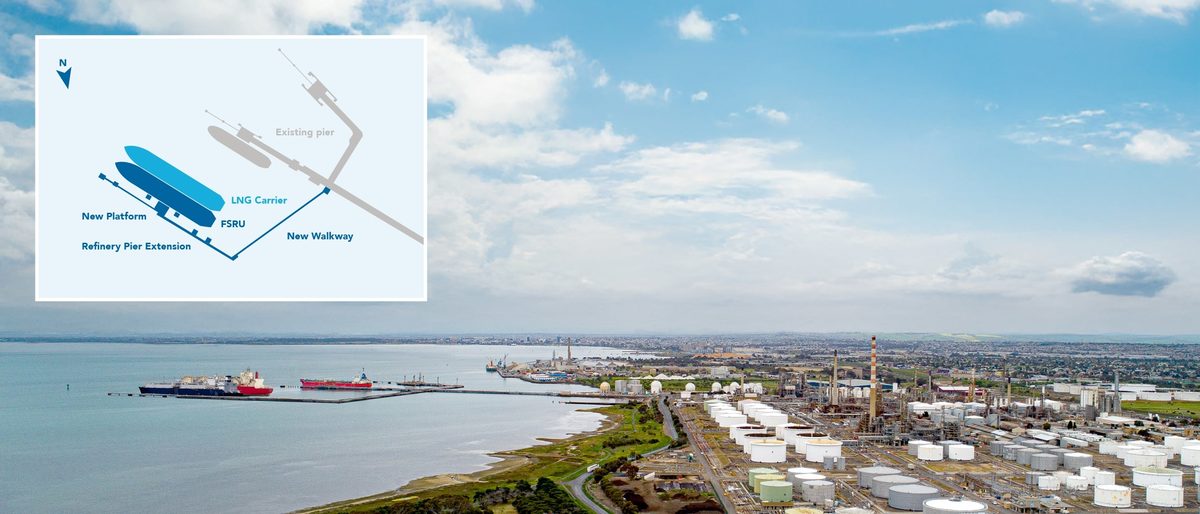State drops requirement for gas to new homes

Increasing electrification of Victorian homes means gas appliances are being phased out. Photo: UNSPLASH
NEW developments across the state and surrounds will no longer have to be connected to gas as part of series of state government reforms aimed at driving down Victoria’s greenhouse emissions.
It’s a win for councils such as Greater Geelong, who recently signed on to a joint push with other municipalities around the state seeking to elevate Environmentally Sustainable Development (ESD) targets in planning policy in a bid to reach net-zero emissions by 2035.
Representing almost 40 per cent of local governments, a headline request of the group’s campaign was for the Planning Minister to amend local planning schemes that make it a requirement for new homes to be hooked up to gas.
Faced with rapidly rising gas prices putting greater pressure on household budgets, a target of halving the state’s emissions by 2030 and a growing push from communities, local governments, and industry to make new developments cleaner and greener, the Minister for Energy Lily D’Ambrosio announced the Gas Substitution Roadmap at the start of July.

“Gas is no longer the cheap fuel it once was – we know renewables are the cheapest form of energy and we’re making it easier for Victorian households and businesses to go all electric with more choice and more support,” Ms D’Ambrosio said.
“Victorians have been at the mercy of private gas companies for too long, it’s time to put gas on the backburner as we help Victorians cut energy bills and halve emissions by 2030.”
Included in the roadmap is removing the planning scheme requirement for gas to new builds and incentives for other Victorian households to move away from the fossil fuel, including via subsidies for the installation of solar panels and battery storage.
The government states households can save up to $1,020 per year off their energy bills through electrification and up to $1,250 if solar panels are installed.
Its modelling shows an all-electric new home with solar panels can have electricity bills as low as $850 a year and figure drops even further if a battery is installed, compared with an average annual household energy bill of $2,660 for new homes with gas and electricity.

















